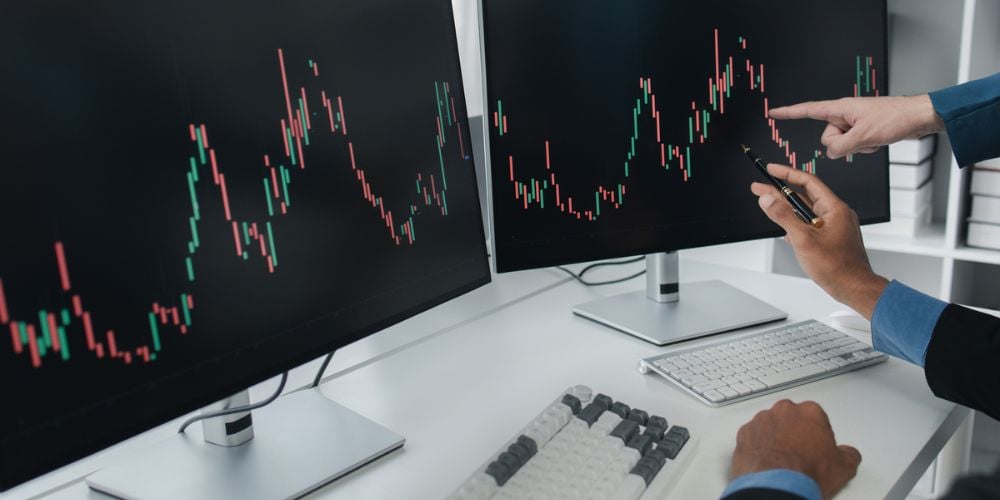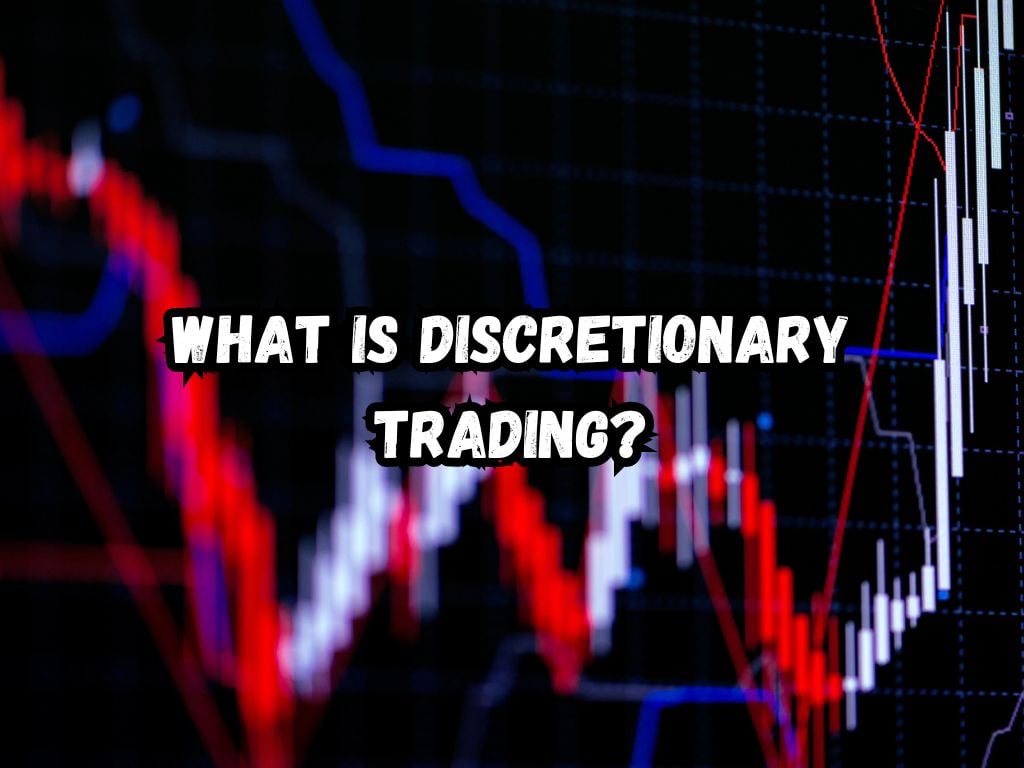In the diverse spectrum of trading, where strategies range from the highly systematic to the instinctual, lies a method that harnesses human judgment, experience, and adaptability: discretionary trading.
This trading approach relies heavily on the trader’s expertise, intuition, and ability to synthesize market information in real-time, distinguishing it from its rule-based counterpart, systematic trading.
What Is Discretionary Trading?
The Essence of Discretionary Trading
Discretionary trading is a method where decisions to buy or sell are made by an individual trader based on current market conditions, recent news, and a range of analytical tools. It gives a trader the flexibility to handle unforeseen events and act upon them, rather than being bound by a predetermined set of rules.
Key Characteristics of Discretionary Trading
One of the most distinct features of discretionary trading is its flexibility. Trades are not made based on a fixed algorithm or set of signals, but on the trader’s perception of the market at that moment.
Discretionary traders often swing with the market’s rhythms, adapting their strategies to short-term changes rather than sticking to a fixed plan.
This approach involves a mix of techniques, including technical, fundamental, and sometimes, sentimental analysis, emphasizing the human element in trading over automation.

The Role of a Discretionary Trader
Skills and Attributes of a Successful Discretionary Trader
A discretionary trader must possess an acute understanding of the market, with a solid grounding in various types of analysis.
Analytical skills are critical, as is intuition—often honed by experience and the ability to read subtle market signals.
Equally important is the ability to maintain emotional control and discipline, to avoid the pitfalls of impulsive decisions that can lead to significant losses.
Decision-Making in Discretionary Trading
In discretionary trading, the decision-making process can be complex and multidimensional. Looking beyond the numbers, traders may consider market sentiment, geopolitical events, and emerging economic trends. They may also rely on real-time news feeds to make swift decisions.
While technical analysis provides a framework, the discretionary trader is free to weigh these various sources of information according to their individual analysis and experience.
Discretionary Trading Strategies
Fundamental Analysis-Based Strategies
Discretionary strategies often commence with an assessment of the broader economic climate through fundamental analysis.
Whether scrutinizing the impact of a Federal Reserve announcement or dissecting a company’s earnings report, the goal is to understand how these elements will influence the market’s direction.
Technical Analysis-Based Strategies
Chart patterns, volume analysis, and a suite of indicators are the bread and butter of the technical analyst. Discretionary traders frequently monitor these indicators, seeking signals that align with their broader market outlook.
It is through the careful examination of price action and market behavior that these traders attempt to anticipate future movements.
Combining Analysis Techniques
While individual techniques are potent, it is the combination of fundamental and technical analysis that often gives discretionary traders their edge.
By balancing the quantitative precision of technical analysis with the qualitative insights of fundamental analysis, they strive to make more informed and nuanced trading decisions.
Tools for Discretionary Traders
Charting and Analysis Software
Technological advancements have armed discretionary traders with sophisticated charting and analysis software, enabling a more in-depth examination of markets.
These tools enhance a trader’s ability to spot trends, patterns, and anomalies that might otherwise go undetected.
Risk Management Tools
No trading approach is without risk; discretionary trading is no exception. Managing this risk involves tools such as stop-loss orders, which help limit potential losses, and position sizing, which ensures that traders do not expose themselves to excessive risk on a single trade.

Advantages and Disadvantages of Discretionary Trading
Advantages of Discretionary Trading
Discretionary trading offers the capability to rapidly adapt strategies in response to market conditions. Such dynamism can prove beneficial during volatile periods when rigidity might lead to significant drawdowns.
Moreover, the personal insight and expertise that discretionary traders bring to the table can aid in navigating complex market environments.
Disadvantages of Discretionary Trading
The discretionary approach comes with caveats. It can be heavily influenced by personal biases, emotions, and the potential for overconfidence.
Additionally, staying on top of constantly changing markets demands significant time and attention, which can be a substantial commitment.
Discretionary Trading vs. Systematic Trading
Comparing Approaches
Discretionary and systematic trading differ in their methodologies, volatility, and the potential for reward.
Systematic trading uses algorithms and pre-set rules, while discretionary trading is more fluid.
Both have their hold in the trading world, and the best approach often depends on the trader’s personality, lifestyle, and goals.
Blending Discretionary and Systematic Trading
For some, the answer lies in a blend of both discretionary and systematic approaches—using algorithms to pinpoint opportunities but applying personal judgment to execute trades.
Transitioning to Discretionary Trading
Education and Training
Discretionary trading requires continuous learning and development. Various resources, from books and courses to mentorship programs, can provide foundational knowledge and advanced techniques for those aspiring to master this trading style.
Building Experience
There is no substitute for experience when it comes to discretionary trading. Practice is essential, and one way to build this is through simulated trading environments or by starting with small stakes to understand market behavior without risking substantial capital.
Pro Tips
- Starting with a singular focus on a handful of securities can help in developing an intuition for market movements.
- Keeping a detailed trading journal is invaluable for reflecting on decisions and progressively refining one’s strategy.
Conclusion
Discretionary trading represents a highly personal approach to markets, blending analysis, intuition, and experience. It allows traders to navigate the markets on their own terms, making it a compelling method for those with the requisite skills and temperament.
By capturing the complexities of market behavior, discretionary traders can potentially find success through flexibility and insight in the ever-changing world of finance.


 Tags:
Tags:










